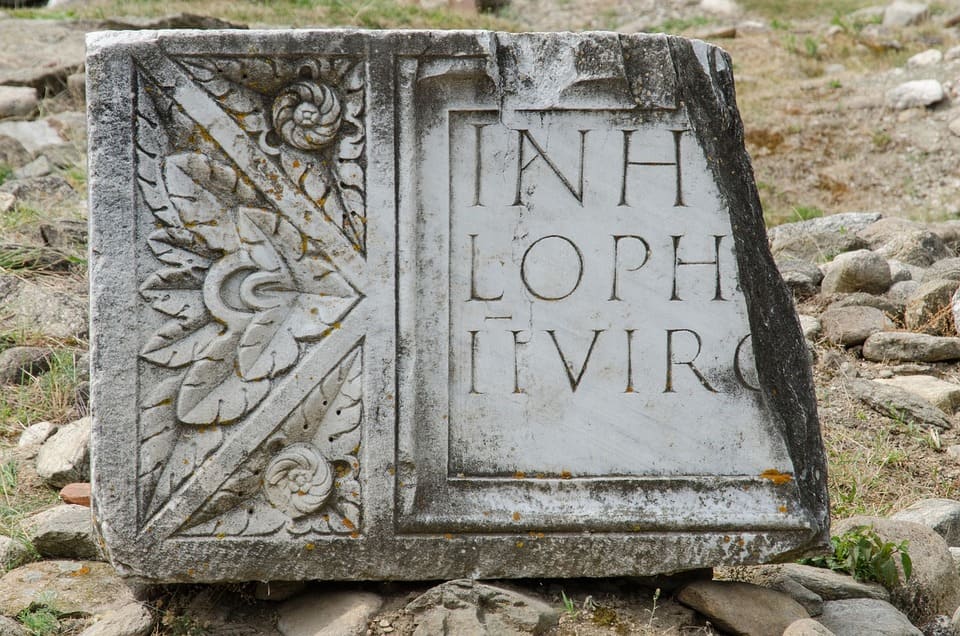
How Latin Influenced the Development of Modern Languages
Latin, the language of the ancient Romans, has left an enduring legacy in modern languages. Despite being classified as a "dead language" since it is no longer spoken natively, Latin continues to influence many aspects of communication today. From vocabulary and grammar to scientific terminology and legal discourse, Latin has shaped the linguistic structure of numerous modern languages, particularly those of the Romance family. In this article, we explore the profound impact of Latin on language evolution and its continued presence in various fields.
The Role of Latin in Romance Languages
The Romance languages, including Spanish, French, Italian, Portuguese, and Romanian, are the most direct descendants of Latin. These languages evolved from Vulgar Latin, the colloquial form spoken by common people and soldiers across the Roman Empire. As the empire expanded, Latin merged with local dialects, giving rise to distinct languages over time. Today, many Romance language words can be traced back to Latin.
- Spanish: Spanish evolved directly from Latin, preserving much of its vocabulary and grammatical structure. Many Spanish words have Latin roots, such as: Hablar (to speak) from Latin fabulare (to talk, tell stories), Escuela (school) from Latin schola.
- French: Due to significant phonetic changes, French evolved differently from other Romance languages but still retains a strong Latin foundation. Examples include: Amour (love) from Latin amor, Château (castle) from Latin castellum.
- Italian: Italian is considered the closest modern language to Latin, with a highly similar vocabulary and grammar structure. Examples include: Tempo (time) from Latin tempus, Famiglia (family) from Latin familia.
- Portuguese: Portuguese retained a significant number of Latin words while also being influenced by other languages. Examples include: Luz (light) from Latin lux, Feliz (happy) from Latin felix.
- Romanian: As the easternmost Romance language, Romanian preserves many Latin words despite Slavic influences. Examples include: Lumină (light) from Latin lumen, Frate (brother) from Latin frater.
Additionally, Latin influenced the grammatical structures of Romance languages. These languages retained gendered nouns, multiple verb conjugations, and subject-verb-object sentence structures, all inherited from Latin. As the empire expanded, Latin merged with local dialects, giving rise to distinct languages over time.
The Influence of Latin on Other Languages
Beyond the Romance languages, Latin has also significantly impacted Germanic, Slavic, and other linguistic groups worldwide.
-
English: Although English is a Germanic language, Latin has profoundly influenced its vocabulary, primarily through Old French after the Norman Conquest of 1066. Many academic, legal, medical, and scientific terms have Latin origins. Examples include Audible (from audire, meaning "to hear"), Manual (from manus, meaning "hand"). Additionally, many Latin phrases remain in use today, such as et cetera (etc.), per capita, ad hoc, and de facto.
- German: While primarily Germanic, German adopted many Latin words, especially in academia, law, and religion. Words like Universität (university) and Doktor (doctor) originate from Latin.
- Russian: Though Slavic, Russian has absorbed Latin-based terms, particularly in medicine, science, and religion. Words like информация (information) and акт (act) stem from Latin roots.
- Dutch: Influenced through trade and education, Dutch includes Latin-derived words such as universiteit (university) and museum (museum).
- Polish: With strong historical ties to Latin through the Catholic Church, Polish contains many Latin-origin words like aktor (actor) and dokument (document).
- Hungarian: Despite being a Uralic language, Hungarian borrowed Latin vocabulary through centuries of Roman Catholic influence, especially in law and education.
Latin’s influence on modern languages is undeniable. It has shaped Romance languages, enriched English vocabulary, and contributed to scientific, legal, and medical terminology. Beyond the Romance family, it has left a significant imprint on Germanic, Slavic, and other European languages. Despite being a "dead language," Latin continues to serve as a foundation for linguistic development, proving that its legacy is far from obsolete.







